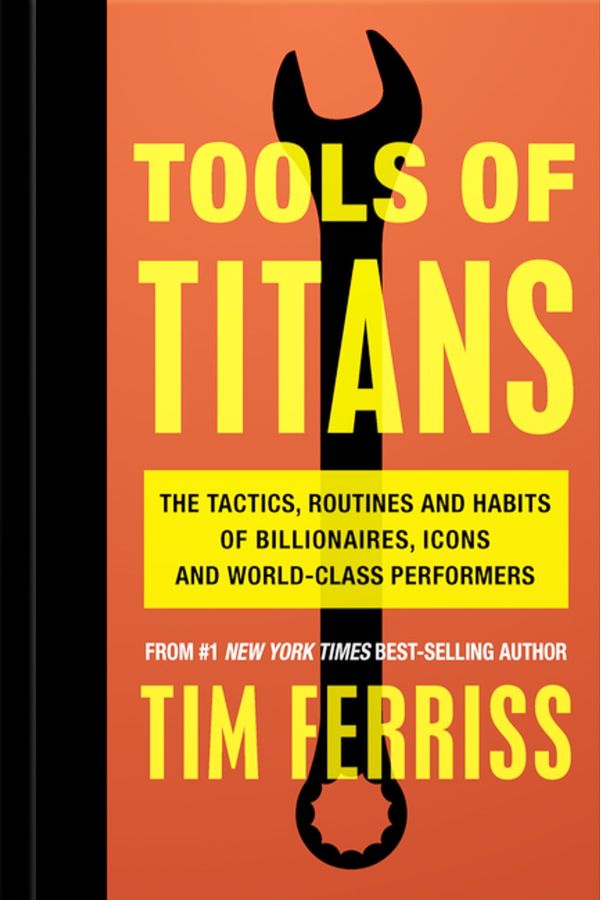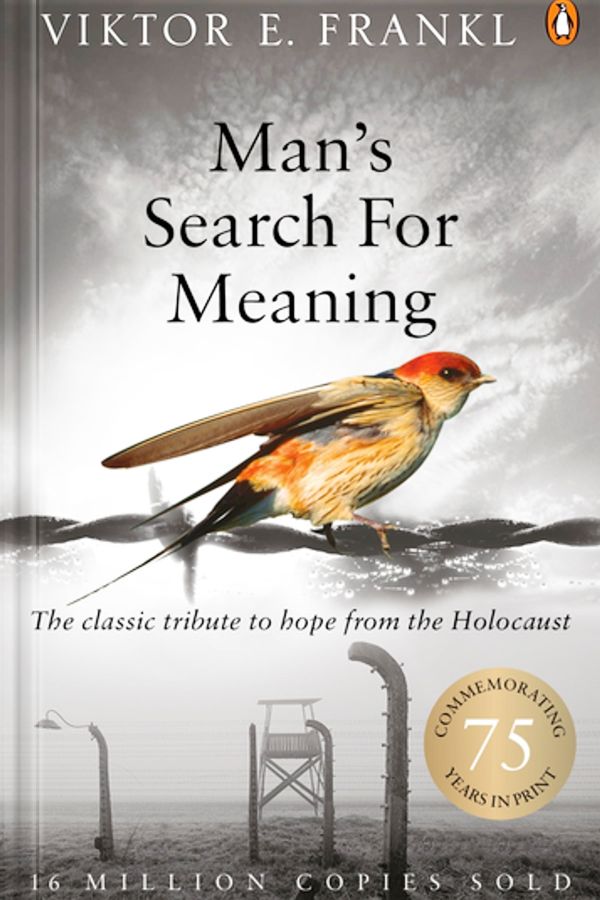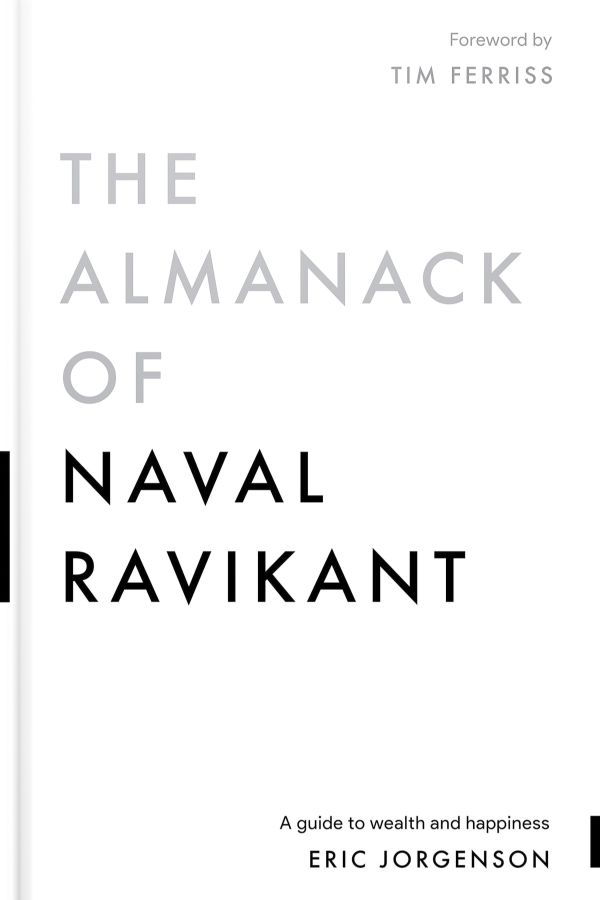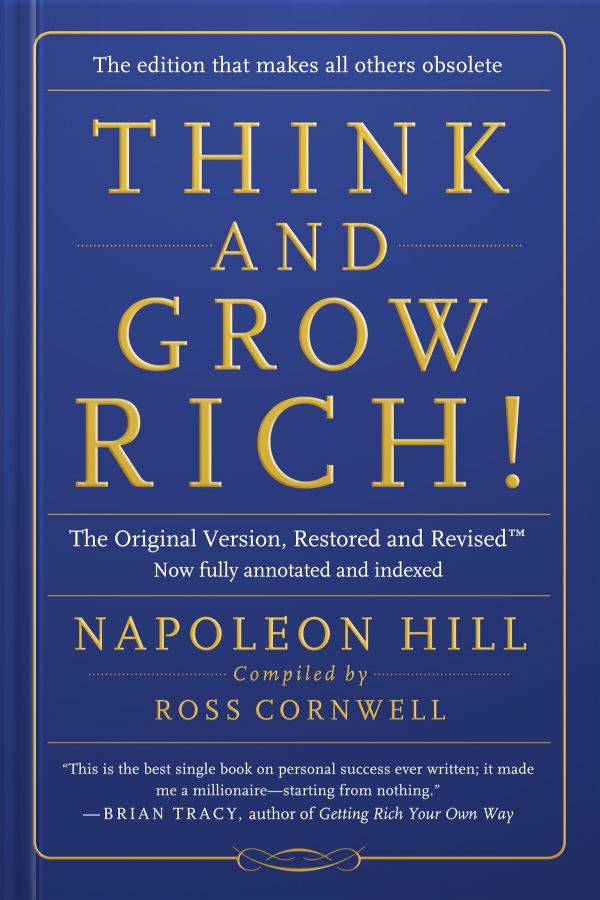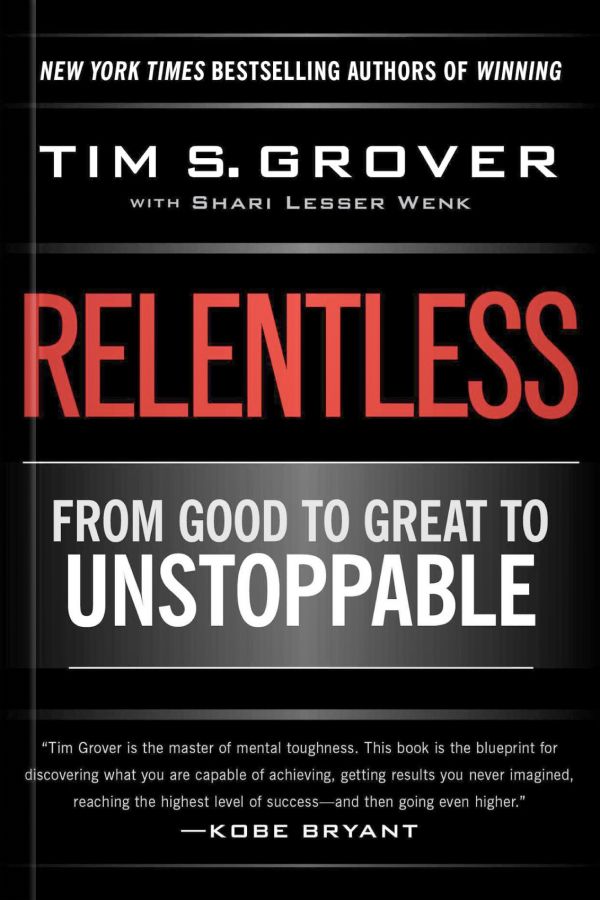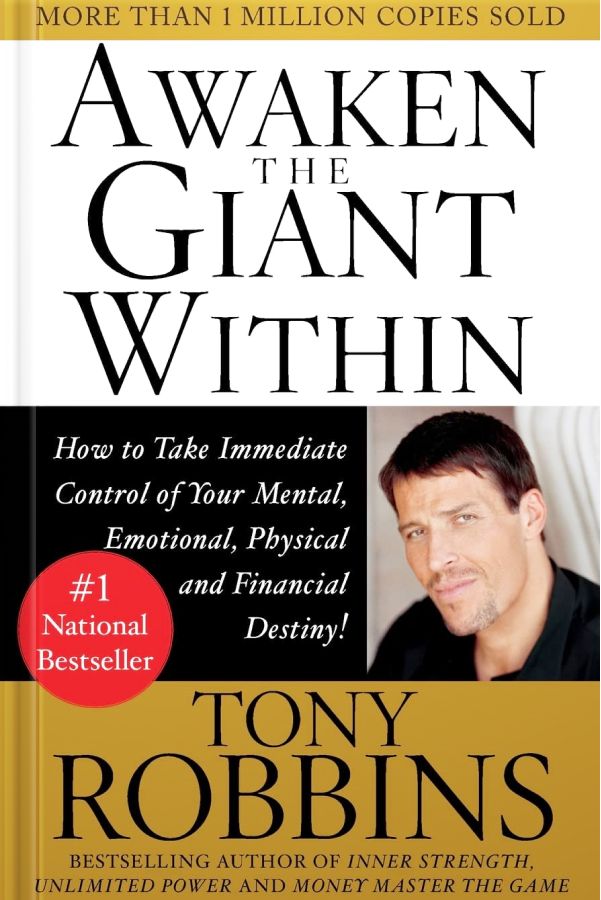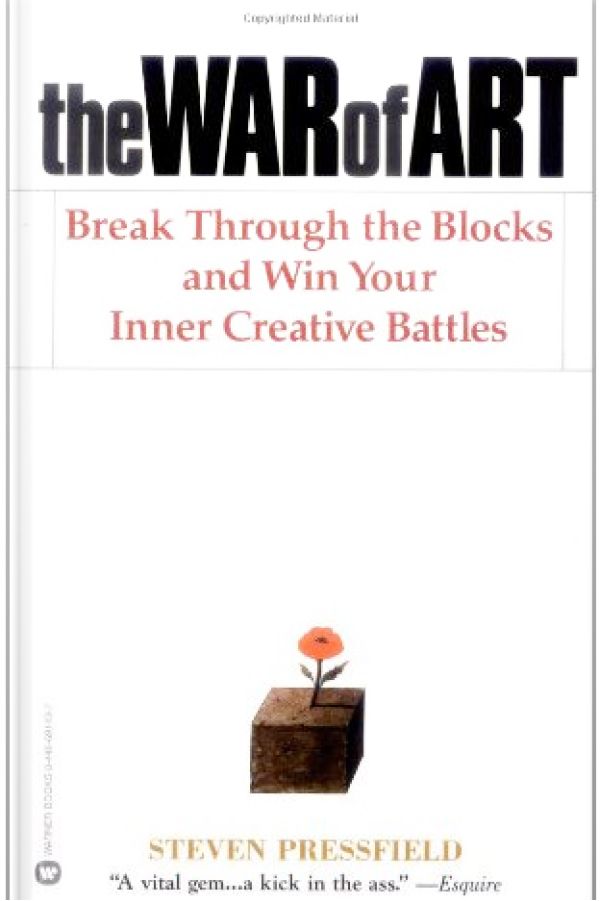
Personal Development
The War of Art by Steven Pressfield
1. Overcoming the Barrier of Resistance
Resistance is a formidable adversary of creativity. TIt'she an invisible, self-imposed force that keeps us from materializing our ideas and ambitions.
In Pressfield's 'The War of Art,' he reveals the first step towards success: recognizing and defeating this enemy.
Consider an author struggling to start the first chapter of their novel. Resistance is that insidious whisper saying, "You're not ready yet." It's the insurmountable mountain of self-doubt that prevents the first step.
To overcome resistance, we must name it, face it, and conquer it, like climbing a mountain one step at a time.
2. Conquering Fear and Self-Doubt
'Fear and self-doubt are natural, not exceptional,' asserts Pressfield.
They're shared by all creatives, from the aspiring writer to the established artist. Success lies not in their absence but in their conquest.
Using discipline and persistence, we can face these inner demons. Take the example of a painter consistently working despite criticisms and personal doubts.
Pressfield writes:
‘Turn pro in your mind before you do so in practice. This alters the battlefield.’
3. The Commitment to Hard Work
Pressfield is explicit about the commitment and sacrifice required to produce valuable creative work. It's not about inspiration striking but about commitment, consistency, and the willingness to work hard.
Pressfield quotes Henry Fonda, who still experienced stage fright after fifty years of performing. Yet, he kept going, embodying the work ethic that Pressfield promotes:
‘The amateur believes he must first overcome his fear; then he can do his work. The professional knows that fear can never be overcome. He knows there is no such thing as a fearless warrior or a dread-free artist.’
4. Embracing Professionalism in Creativity
Creativity isn't a whimsical hobby—it's a profession. To succeed, one must approach it with professional seriousness, dedication, and integrity.
Treating creativity as a job means showing up even when inspiration doesn't.
Pressfield suggests viewing creativity as a war, where one must continually fight off resistance.
He explains:
‘We show up, burn the oil, apply the seat of the pants to the seat of the chair. That’s the warrior’s way.’
5. Procrastination: A Sly Manifestation of Resistance
Procrastination is a subtler form of resistance, delaying our progress by offering immediate comfort at the expense of long-term goals. To succeed, we must actively counter it.
Pressfield calls this a 'war of attrition,' won not in a day but over time.
6. The Unimportance of External Validation
For Pressfield, seeking approval from others is an unnecessary distraction.
The satisfaction derived from creating something meaningful is the ultimate reward.
The real pleasure lies in 'the labor itself and in the aspiration to a standard that we may never reach.'
7. Pursuing Passion Through Unconventional Choices
Chasing your dreams often requires taking risks and making unconventional choices.
Pressfield champions this courage, encouraging us to stray from the beaten path and forge our own way.
8. The Importance of Self-Awareness
Knowing oneself, our limitations, and our resistance is key to overcoming them.
‘The better we know the enemy, the better equipped we are to defeat it,’ states Pressfield.
9. Establishing Daily Routines and Habits
Pressfield emphasizes the need for routine and habits to maintain momentum and focus on creativity.
‘Turn off the phone, decline social invitations, prioritize the work,’ he suggests. ‘Routine is a form of resistance against distraction.’
10. The Continuous Fight Against Resistance
Resistance isn't a past obstacle but a recurring enemy. Victory demands relentless effort and dedication.
‘The struggle itself is the best part,’ insists Pressfield. ‘It’s where we find out what we’re made of.’



















